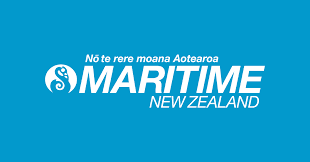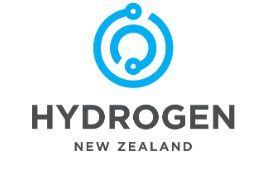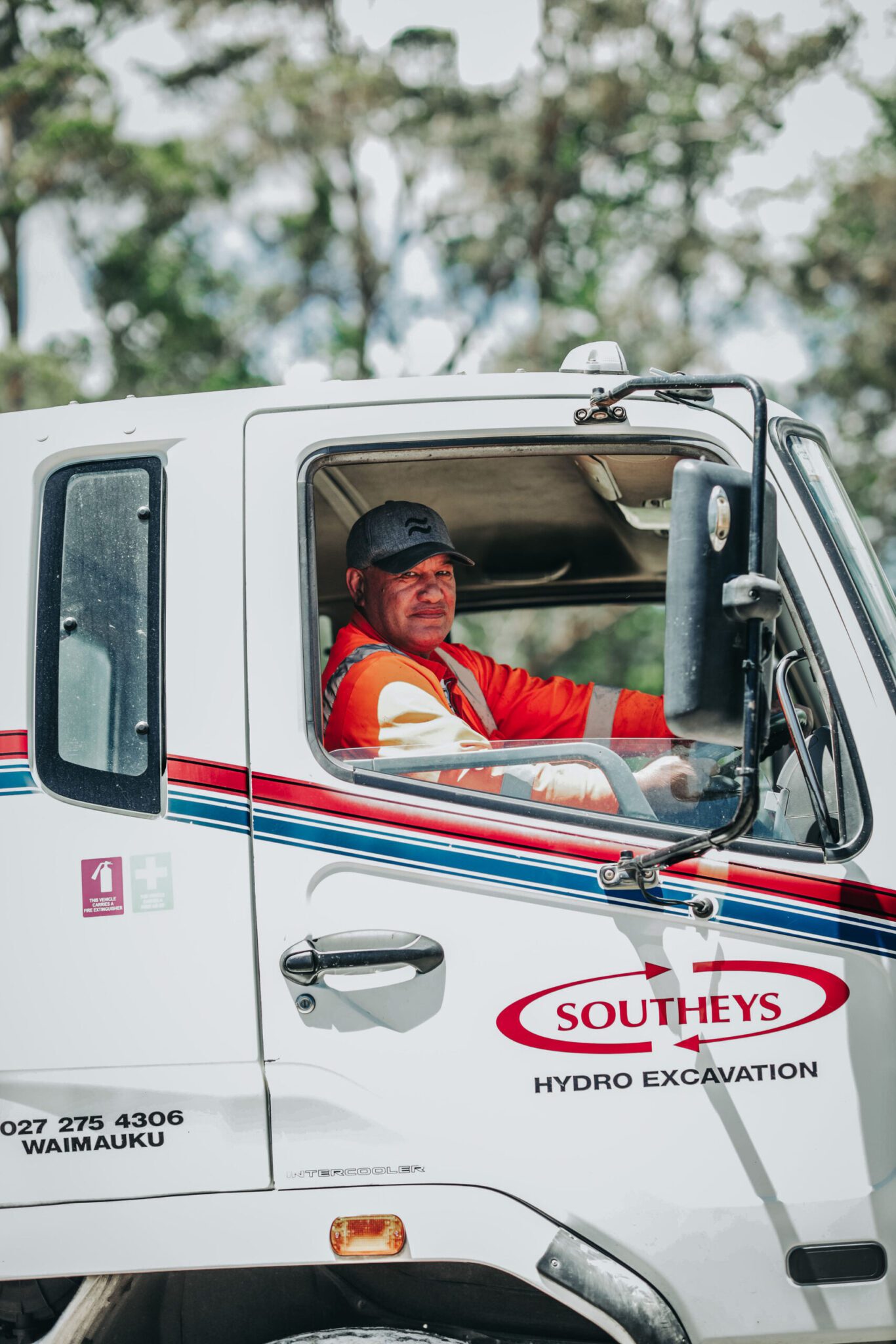The new Approved Code of Practice (ACOP) for loading and unloading cargo at ports will play a critical role in improving safety from multiple perspectives NRC believes. The ACOP will come into force on 29 November 2024 when Maritime NZ takes over from WorkSafe inside the port perimeter.
The ACOP is an extensive document that has taken over 15 months to develop, engaging many stakeholders. The Port Health and Safety Leadership Group welcomes industry feedback, which NRC supports as it’s important we are involved.
Maritime NZ, in partnership with the Leadership Group, is working with the industry to ensure the ACOP is widely understood and implemented. Over time Maritime NZ will publish guidance and other educational material and promote training to support the ACOP.
Ports of Auckland Chief Executive Officer Roger Gray says the ACOP will be a great step forward for the port sector. NRC agrees it will undoubtedly reduce harm and will likely save lives.
ACOP provides standardised procedures for handling cargo, ensuring consistency with safety practices across all port operations, lowering the chance of accidents caused by improper techniques or lack of training. It highlights common risks associated with loading/unloading ships/trucks etc. such as falling objects, machinery hazards and worker fatigue. ACOP ensures proper training and competency before an operator is allowed to use specialised equipment.
Logistics is a key feature of ACOP, involving co-ordination between all parties, from ship crews to stevedores to transport operators. The emphasis will be on the importance of communication between all stakeholders, education, delivery, capability, workforce skills and training.
In summary, the ACOP for loading/unloading cargo at ports enhances safety by providing clear, standardised and legally recognised guidelines for safe operations, to minimise risk, ensure equipment is properly used and workers are trained and competent. It will help to reduction of harm and fatalities and that is a very good thing for us all. Well, done Maritime NZ.




